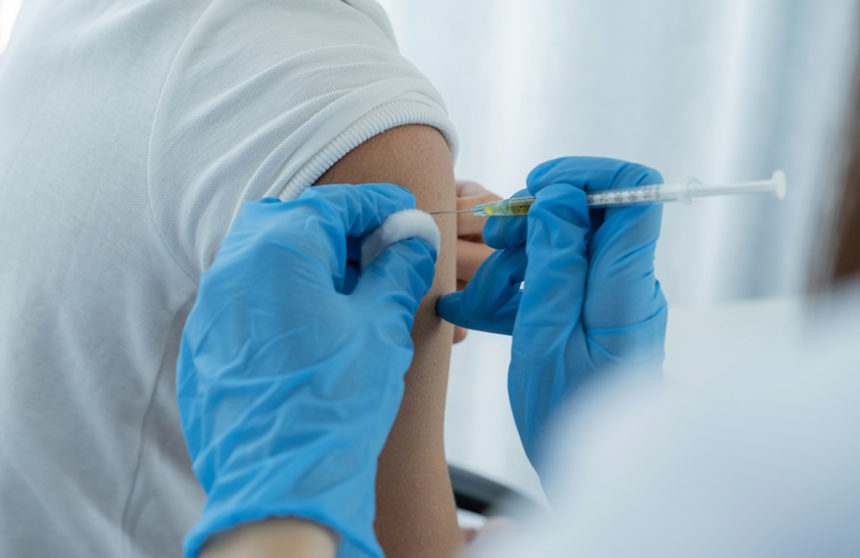At Daily Planet Health Services, a healthcare center serving the homeless population in Richmond, Virginia., staff members used to ask patients whether they would like the flu vaccine.
Now they say to patients, “It’s time for your flu vaccine.”
The organization, a federally qualified health center, changed its approach last year after participating in the Center for Sustainable Health Care Quality and Equity’s initiative to increase flu vaccination rates across the country.
As a result of that language change and other new tactics, the Richmond clinic saw a 20% increase in its flu-vaccination rate for the 2020-21 flu season as compared to the same period a year earlier, according to the organization.
“We do the [flu vaccines] every year, but having that accountability and support led to making it a focus of our morning huddles,” said Kelly Goode, a credentialed practitioner at the Daily Planet and a professor in the department of pharmacotherapy and outcomes science at Virginia Commonwealth University.
The flu can be harmful to all people, but it is particularly dangerous for the homeless population, who often have chronic illnesses, according to public health officials.
“The gravity of the flu for people who are homeless is enormous, and I think we often underestimate that,” Eowyn Rieke, a board member of the National Health Care for the Homeless Council told the Washington Post.
The Center for Sustainable Health Care Quality is a division of the Equity National Minority Quality Forum, a Washington, DC-based nonprofit aimed at improving healthcare for high-risk racial and ethnic populations and communities. Over two years, the organization used its Driving Real Improvement in Value and Equity (DRIVE) Toolkit with health centers in Richmond, Greenville, North Carolina; Little Rock, Arkansas; New Orleans; Queens, New York; and Wilmington, Delaware.
The free online toolkit featured slides, videos and materials such as a practice assessment survey document, which allowed the nonprofit staff to work with the centers to develop a strategy for increasing the vaccination rate.
The Richmond center staff also participated in a DRIVE webinar to learn how to most effectively recommend the flu vaccine, Goode said.
“It was really fascinating to watch our [medical assistants] change their style of offering the flu vaccines,” Goode said.
That switch from inquiring whether people would like the vaccine to presenting it as an expectation “really helps make a difference,” said Goode.
The clinic also created buttons with info about the flu vaccine for staff, which visited sites such as homeless shelters to promote the vaccine five times last flu season as compared to once the previous season.
“We are responsible for the homeless population, and that’s really reaching the most vulnerable population in our community,” Goode said.
The training also helped the organization with another infectious disease: COVID-19.
The organization’s staff wore buttons indicating that they had received the COVID vaccine and “identified champions around the COVID vaccine” such as pharmacists and nurses “just like we did with the influenza vaccine,” Goode said. “Being able to have that support” from the DRIVE program “has really helped us help our patients.”
This article originally appear on PRWeek US.







